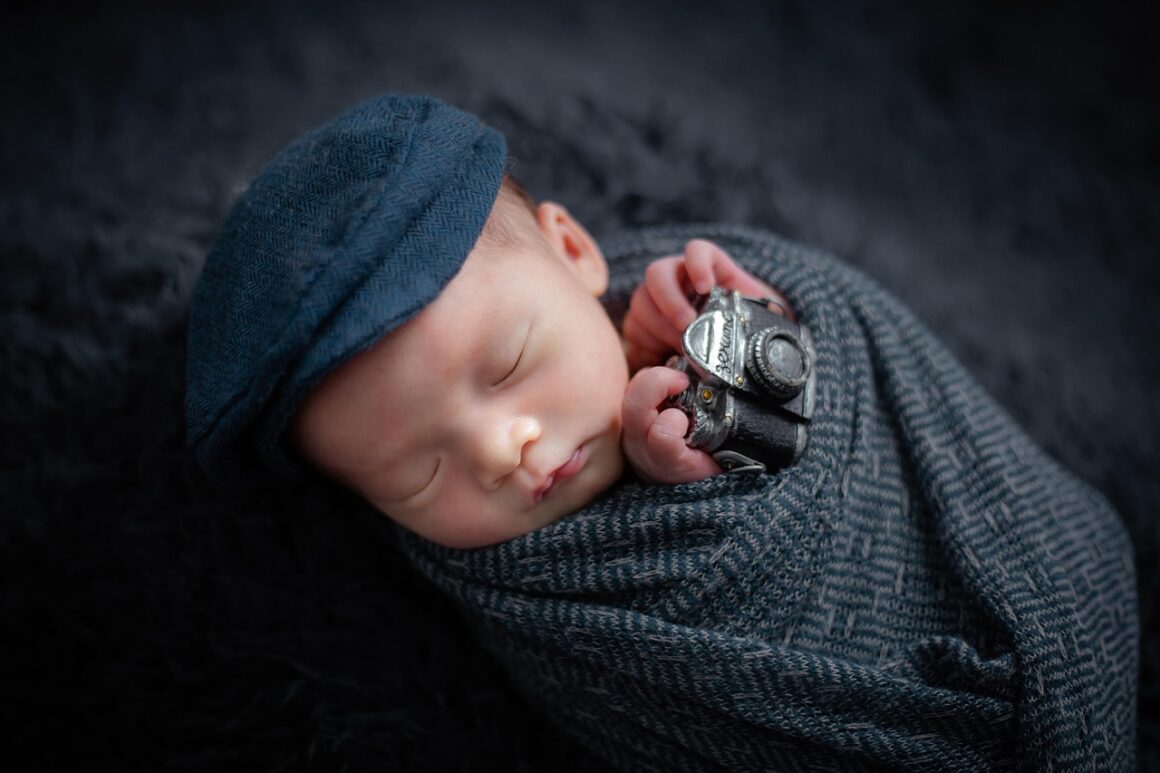I think it’s safe to say that one takeaway point we all gathered from this last election is that voting is simply not enough; in order to truly create progress, we need to become catalysts for change. One of the most effective ways to do this is to immerse yourself in local politics, as change happens at all levels of the political arena. Though passionate about politics and social activism, one of the most unexpected challenges I’ve faced while trying to be an active citizen in my local politics is networking — getting yourself out there, making connections, and overall just trying to be taken seriously as a young person in politics.
This summer, I had the amazing opportunity to intern for my local congresswoman’s campaign for re-election. I had volunteered on campaigns before, but I had never been a part of a grassroots campaign until this point. Being a high school student in a real political campaign presented enough challenges of its own, from pretending my dad was my Uber driver in order to avoid the embarrassment of admitting I didn’t have a license, but the biggest challenge was mustering the confidence to engage in political conversations and create connections with well-established local activists.
Networking is important at all levels of politics, but especially in the local arena as it is crucial to be immersed in the community you’re aiming to make a difference in. But in my short experience with it, I’ve acquired one piece of incomparable advice: fake it ‘til you make it.
Though it should go without saying, being informed goes a long way. There is no worse feeling than being in a political discussion and aimlessly nodding, pretending like you know what the others are talking about — trust me, they can see through it. You should be well versed in both national and local political news so that you are always prepared for spontaneous political discussion. When you know your stuff, you can dominate these conversations instead of being a dumbfounded listener. Along with presenting yourself as a prepared individual, this will also help you be remembered and establish connections for future internships, jobs, and general opportunities.
In addition to being well-informed, professionalism goes a long way in being remembered. When meeting with new people, such as local political groups or business owners, punctuality is one way to always make a good first impression. Similarly, I’ve found that there is a strange dress code at political events, varying from old men in polo shirts and cargo shirts to overtly eager fresh-out-college kids in three piece suits in the middle of the day. Personally, I think a middle ground of button downs and fun dress pants does the trick — professional, without taking yourself too seriously.
After the dreaded face-to-face meeting, your networking experience is only getting started. The most important aspect of a meeting is the aftermath; following up with people you meet has proved to be the most difficult part of networking for me. While at group networking events, your purse will most likely be bombarded with an influx of business cards that will only collect dust from that point onward. Therefore, it’s important to send a follow-up email or message within 24 hours of your first meeting, even if all you say is that you look forward to working with them soon. Another way to stand out in your follow ups is to take notes on the people you meet so you can differentiate them when you email them; as you’ll be meeting a lot of people, they all begin to blend in after a while so it’s useful to jot down at least one detail about them that could be used for a future talking point.
Whether you’re antisocial like me or a social butterfly, networking is an unavoidable aspect of local politics. Though initially nerve-wracking, especially as a young person attempting to put their foot in the door of the local political arena, networking is something that comes easier with experience. So hang in there young social justice warriors, it gets better.




